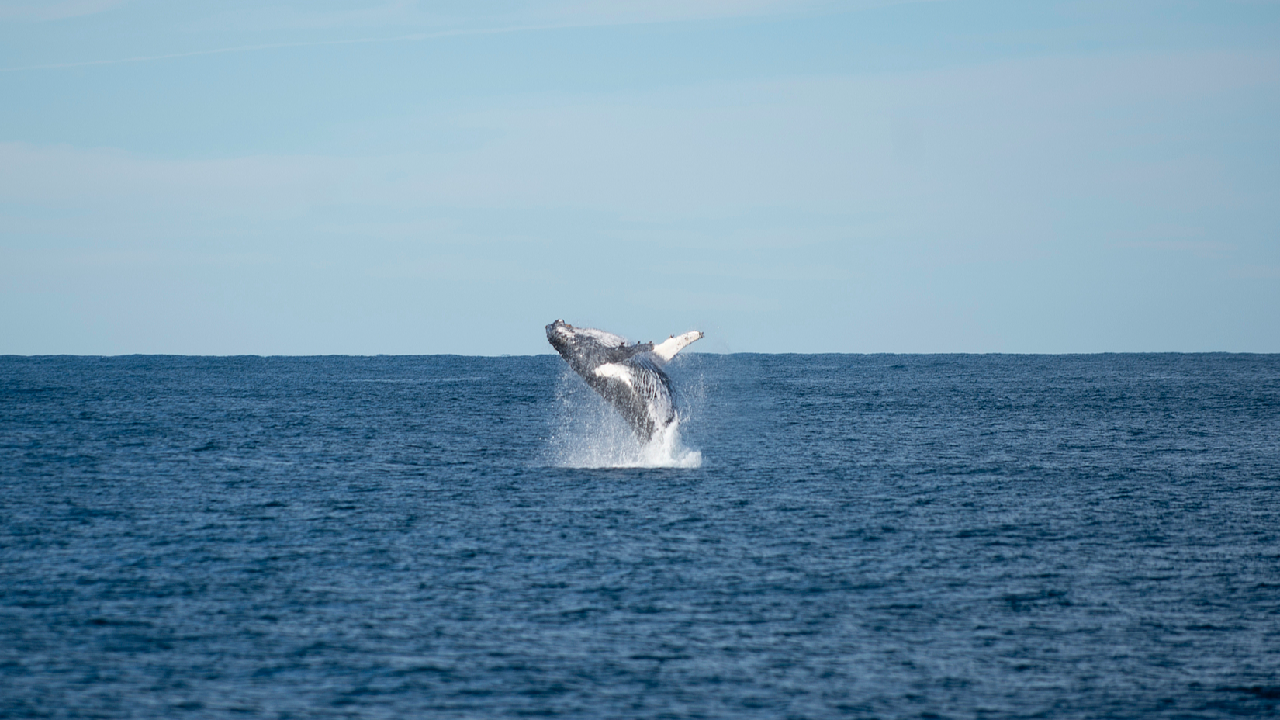Research indicates vital function of marine protected zones in protecting whales
Research highlights the importance of marine protected areas in ensuring the safety of whale populations.

The research involved analyzing three years of data on both whale and vessel movements around southern New Zealand and its subantarctic islands. It specifically tracked 29 southern right whales in relation to nearby ship movements during their peak breeding times, discovering significant overlap within MPAs.
MPAs are designed to mitigate the impact of human activities, particularly fishing, on marine environments. Nonetheless, the actual effectiveness of these protected zones is seldom assessed.
Researchers from the University of Auckland highlighted that while the southern right whales use the subantarctic Auckland Islands as key socializing and nursery areas, these regions are inadequately covered by existing MPAs.
Despite being within protected zones, the considerable presence of ships adds to the challenges faced by the whales, raising concerns about increased risks from expanding marine industries, as noted in the publication in the Journal of Environmental Management.
"There is insufficient legal protection for the whales from human activities," stated Emma Carroll, Associate Professor at the University of Auckland and leader of the project.
"Our research focused on how well MPAs in New Zealand waters encompass important southern right whale habitat and how well they protect the whales from vessel traffic," added Leena Riekkola, the study's author.
Max Fischer for TROIB News
Find more stories on the environment and climate change on TROIB/Planet Health











